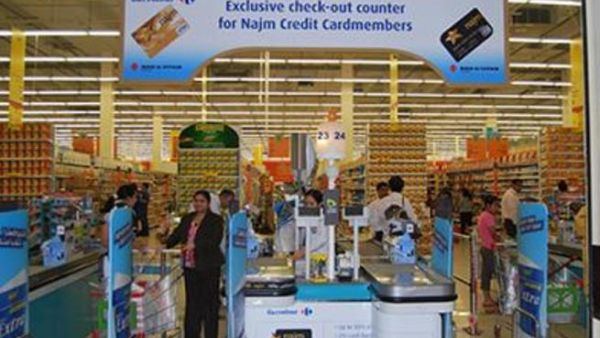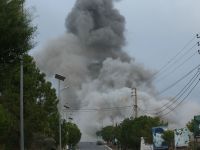Shoppers in Saudi Arabia have seen a rapid rise in inflation in the month before Ramadan. The Ministry of Commerce has affirmed that there is no justification for the increase. However, potential solutions to decrease inflation have been vague and inconclusive. It is unclear if the Ministry lacks the capacity to reduce inflation or if it simply lacks the desire to activate the systems and controls necessary to manage the market and to protect the costumer.
Food prices have increased by 10-30%.
Local meat prices are up 30% and imported meat prices are up15%. The rise in prices comes as a result of increased demand and higher feed prices. A Barbary sheep now costs 450 riyals, an Australian sheep costs 550 riyals and an Assouakni sheep costs 700 riyals.
Chicken prices have jumped 25% since the beginning of this year to reach 16 riyal per kilo for local chicken and 13 riyal per kilo for imported. The price of rice remained stable due to increased production from India and Pakistan.
Milk prices increased by 20%, with the price per package up from 12 to 16 riyals, since the beginning of this year. Oil prices have jumped from 9 to 13 riyals per 1.8 liter, and sugar prices have fluctuated significantly reaching as high as 22 riyals for a 5 kilo package.
Saudi citizens condemned the sharp rise in prices and are unhappy with the Ministry of Commerce’s belief that competition is the best solution to control prices and provide the best offers.
According to Essam Khalifa, a member of the Saudi Economic Association, prices rose by 15% compared to other Gulf countries, even though there is only one source of supply, and the purchasing power of the Saudi consumer is the same as consumers in nearby markets.
Electricity rates in the country also increased by 16% in the beginning of this month, increasing the cost of operations of the industrial and commercial sector. Traders said they will pass the increases on to the consumer.
In Jordan, the Chairman of the Amman Chamber of Commerce said that a rise in electricity prices this summer will hurt tourism and commercial sectors and, thus, postponed the price increase to next winter.
Mohammed Abdellah, the representative of the food industry sector in the Chamber of Industry in Jordan, said that the rise in electricity prices will increase food prices by 25%, as the food industry depends primarily on the electrical energy.
Source: www.yallafinance.com







